Imagine juggling endless administrative tasks while striving to provide top-notch dental care—dentist DSOs can help you balance both. By offering various ownership models and comprehensive support, DSOs allow you to concentrate on what you do best: treating patients. From marketing strategies that boost your practice’s visibility to HR support that streamlines staff management, there’s a lot to uncover. Curious about how DSOs can enhance your day-to-day operations and long-term goals? Let’s explore the key benefits and resources that could transform your practice.
What Is a Dso?
A Dental Support Organization (DSO) is a business entity that provides non-clinical support services to dental practices, enabling dentists to focus more on patient care rather than administrative tasks. By handling operations like billing, marketing, and human resources, DSOs streamline the business side of dentistry.
You might wonder how DSOs integrate into existing practices. The answer lies in various ownership models and strategic partnerships.
Ownership models can vary significantly, ranging from complete buyouts to partial equity stakes. This flexibility allows you to choose the level of involvement and control that suits your practice best. For instance, a full acquisition means the DSO takes over administrative duties entirely, while a minority stake might imply shared responsibilities. Data shows that practices affiliated with DSOs often experience a 15-20% increase in efficiency due to this streamlined approach.
Strategic partnerships are another critical element. DSOs typically form alliances with suppliers, insurance companies, and technology providers to secure better rates and more advanced tools. These partnerships can give your practice a competitive edge, as you’ll have access to resources that might otherwise be too costly or complex to manage independently.
Key Benefits for Dentists
Leveraging the support of a DSO can significantly enhance a dentist’s efficiency by offloading time-consuming administrative tasks and allowing a sharper focus on patient care. Data shows that dentists affiliated with DSOs typically spend 25% less time on non-clinical duties, freeing up valuable hours for patient interaction and treatment planning.
Professional networking is another substantial benefit. By joining a DSO, you gain access to a vast network of dental professionals, fostering collaboration, knowledge exchange, and mentorship opportunities. This professional network can be instrumental in staying updated with industry trends, best practices, and innovative treatment methodologies.
Continuing education is also a key advantage. DSOs often provide structured programs and resources to help you stay abreast of the latest advancements in dental technology and techniques. According to a survey, 85% of DSO-affiliated dentists reported improved access to continuing education, leading to enhanced clinical skills and patient satisfaction.
Administrative Support
Beyond professional networking and continuing education, DSOs offer substantial administrative support that streamlines practice management and reduces operational burdens. When you partner with a Dental Support Organization, you gain access to comprehensive HR support, which can be a game-changer for your practice. According to industry data, nearly 40% of dentists cite administrative tasks as a significant source of stress. By outsourcing HR responsibilities, such as payroll, benefits administration, and compliance management, you can focus more on patient care and less on paperwork.
Another critical area where DSOs excel is staff training. A well-trained staff is essential for a smoothly running practice, and DSOs often provide structured training programs that ensure your team is up-to-date on the latest techniques and technologies. Research indicates that practices with ongoing staff training report a 20% increase in operational efficiency. This not only improves the patient experience but also boosts overall productivity.
Moreover, DSOs offer support in managing day-to-day operations, including appointment scheduling, billing, and inventory management. By leveraging these services, you can significantly reduce the time spent on administrative tasks, allowing you to devote more energy to clinical excellence and patient satisfaction.
Marketing and Growth
Effective marketing strategies and growth initiatives are vital for expanding your dental practice’s reach and attracting new patients. Data shows that dental practices leveraging social media experience up to a 20% increase in patient numbers. By maintaining an active presence on platforms like Facebook, Instagram, and LinkedIn, you can engage with your community, share educational content, and showcase patient testimonials. Analytics from these platforms provide insights into user engagement, helping you refine your strategies for maximum impact.
To complement your digital strategy and reach a local audience, consider incorporating targeted leaflet distribution London. This distribution allows you to focus on specific neighborhoods where your ideal patients reside. You can use leaflets to highlight your services, special offers, and new patient promotions, driving more traffic to your practice.
Referral programs are another powerful tool. Studies indicate that referred patients have a 37% higher retention rate. Implementing a structured referral program encourages satisfied patients to spread the word about your services. Offering incentives, such as discounts on future treatments or complimentary services, can motivate existing patients to participate actively.

Combining these approaches can create a robust marketing ecosystem. Data-driven decisions ensure that your efforts aren’t only targeted but also measurable. Regularly reviewing performance metrics allows you to adjust your strategies in real-time, ensuring sustained growth.
Ultimately, integrating social media and referral programs can significantly enhance your practice’s visibility and patient base, laying a solid foundation for long-term success.
Supply Chain Management
While robust marketing strategies drive patient growth, optimizing supply chain management ensures your practice operates smoothly and efficiently. Effective inventory control is at the heart of this optimization. By tracking stock levels in real time, you can minimize the risk of running out of essential supplies or overstocking items that tie up capital. Studies show that practices that employ advanced inventory management systems reduce waste by up to 30%, translating into significant cost savings.
Equally important are vendor relationships. Strong, reliable partnerships with suppliers guarantee timely deliveries and can even result in bulk purchasing discounts. Data suggests that practices with well-managed vendor relationships see a 15% improvement in supply chain efficiency. Regularly reviewing vendor performance metrics, such as delivery times and product quality, helps ensure that you’re partnering with the best suppliers available.
Moreover, integrating technology can streamline both inventory control and vendor interactions. Automated ordering systems and predictive analytics can forecast demand accurately, allowing you to adjust orders proactively. Practices that leverage these technologies report a 20% increase in operational efficiency.
Compliance and Regulations
Navigating compliance and regulations is crucial for dental practices to avoid costly penalties and ensure patient safety. You can’t overlook HIPAA compliance; it’s essential for protecting patient information. According to the Department of Health and Human Services, non-compliance can result in fines ranging from $100 to $50,000 per violation. To avoid these pitfalls, implement rigorous data protection protocols and ensure that all staff receive ongoing training on patient confidentiality.
OSHA standards are equally important. These guidelines focus on workplace safety and health, aiming to prevent injuries and illnesses. For instance, the Occupational Safety and Health Administration mandates the use of personal protective equipment (PPE) and proper waste disposal methods. Adhering to these standards can significantly reduce workplace hazards.
According to OSHA, dental practices that comply with these regulations experience fewer workplace accidents, which translates to lower insurance costs and a safer environment for both staff and patients.
Financial Management
After ensuring compliance with regulations, optimizing financial management strategies is key to maintaining a profitable and sustainable dental practice. Effective budget planning and revenue forecasting are crucial components of this process. By closely analyzing your practice’s historical financial data, you can identify trends and make informed decisions about resource allocation. This ensures that you’re not overspending in any area while also seizing opportunities for growth.
You should regularly review and adjust your budget to reflect current market conditions and patient volume. This proactive approach helps you anticipate potential financial challenges and mitigate them before they impact your bottom line. Revenue forecasting, on the other hand, allows you to project future income based on historical patterns and current practice performance. By doing so, you can set realistic financial goals and track your progress toward achieving them.
Moreover, understanding the financial health of your practice enables you to make strategic investments in areas that promise the highest returns. For instance, you might decide to expand your services or invest in staff training to enhance patient care and satisfaction.
Ultimately, robust financial management not only ensures operational efficiency but also drives long-term growth and stability for your dental practice.
Technology Integration
Integrating advanced technology into your dental practice can significantly enhance operational efficiency and patient care outcomes. By implementing digital tools, you streamline routine tasks such as appointment scheduling, patient records management, and billing.
Research shows that practices using advanced scheduling software saw a 20% reduction in no-show rates. Moreover, software updates ensure your systems remain secure and functional, reducing downtime and potential data breaches.
Adopting digital radiography and intraoral scanners can also transform diagnostics and treatment planning. These tools not only provide more accurate data but also reduce the time needed for procedures, improving patient turnover rates. Data indicates that digital radiography can cut diagnostic times by up to 50%, allowing you to see more patients without compromising care quality.

Upgrading to the latest practice management software can centralize all your operations, from inventory management to patient communications. This centralization can lead to a 30% increase in administrative efficiency, freeing up your staff to focus on patient interactions.
Regular software updates are crucial to maintaining this efficiency, as they often include new features and security enhancements. By continuously integrating advanced technology, your practice can maintain a competitive edge and deliver superior patient experiences.
Enhancing Patient Care
To enhance patient care, it’s crucial to focus on personalized treatment plans that leverage data-driven insights. By utilizing comprehensive data analytics, you can identify patterns and predict patient needs more accurately. This approach allows for tailored treatment planning, ensuring each patient receives the most effective and efficient care possible.
Effective patient communication is another cornerstone of enhancing care. Clear, consistent communication builds trust and helps patients understand their treatment options, leading to higher satisfaction and better adherence to treatment plans. Utilizing digital tools such as patient portals and automated reminders can streamline this process, making it easier for you to keep patients informed and engaged.
Moreover, data-driven insights enable a proactive approach to care. By analyzing patient histories and demographic data, you can anticipate potential issues before they become significant problems. This not only improves patient outcomes but also optimizes your practice’s efficiency, allowing you to allocate resources more effectively.
Conclusion
By partnering with a Dentist DSO, you’re not just improving your practice—you’re revolutionizing it. Imagine skyrocketing patient retention, unparalleled staff efficiency, and a booming online presence, all while you focus solely on what you do best: providing top-notch dental care.
Data shows practices under DSOs experience exponential growth and streamlined operations. So, don’t just thrive—dominate the dental industry with the unmatched support and resources a DSO offers.
Your future in dentistry has never looked brighter.



